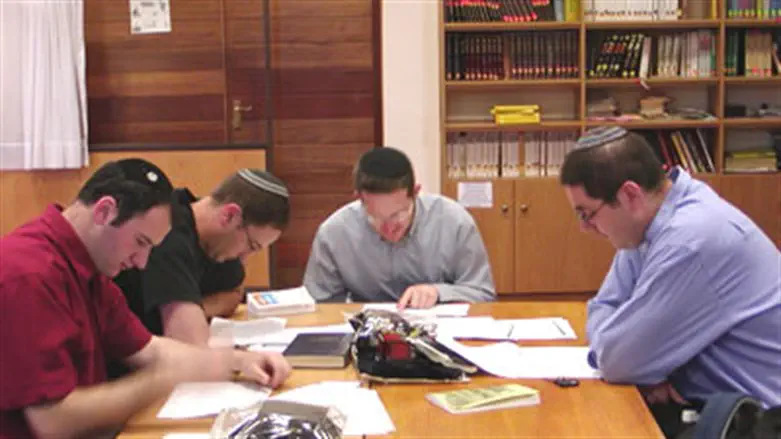

Dedicated in memory of Yaakov ben Avraham and Sarah Aharonov z"l
When you think about it, plaques are really an amazing thing.
A small rectangular object that can motivate people to give huge sums of money. Obviously, most people give the money to this or the other cause not for the plaque, but having their name put in huge letters doesn't hurt. Certainly, if it's usually not theirs but their deceased loved ones.
But - there are 2 problems with this type of charity.
One is that it is by definition limited to people with a spare income - so in most cases rich people. People that are on a tight budget might give a bit of tzedakah here and there but won't have a whole Aron Kodesh with their parents' names on it.
The other is that charity is based on volunteering. This is a beautiful thing but it means that I always have the feeling I'm doing something extra. This gives me "the upper hand".
In Parashat Terumah the People of Israel are invited to do exactly that. Give from their own initiative whatever they want.
Thanks to that we can hear what I feel is one of the most beautiful pesukim of the Torah
"All the artisans ... told Moshe - The people are bringing more than is needed for the tasks entailed in the work that Hashem has commanded to be done."
But what about those that can't give at all, or maybe just something very small? Not everyone can give kilos of gold for the Menorah!
This is why we need to read the Parasha while remembering Parashat Ki Tisa and Mitzvat Machatzit Hashekel.
Because, if indeed the Mishkan itself is being built thanks to generous donations given by volunteers - the "running budget" of the Temple is based not on generosity but on a fixed mandatory tax. The same for everyone. Half a shekel per person. No matter if you're rich or poor.
I think this amazing balance between "Tell the Israelite people to bring Me gifts; you shall accept gifts for Me from every person whose heart is so moved" on the one hand and "This is what everyone who is entered in the records shall pay: a half-shekel by the sanctuary weight" on the other hand, creates a perfect society where we do allow and encourage individuality, personal initiative, benevolence - but on the other hand we do expect equality, rule of law and commitment.
The real utopic model of the Kibbutz tends to forget parashat Terumah, and the capitalistic Wall Street tends to forget Parashat Ki Tisa.
Israel needs both.
For comments: arik@worldbneiakiva.org
 Arik Speaker is currently Head of the International Mechina, World Bnei Akiva
Arik Speaker is currently Head of the International Mechina, World Bnei Akiva
Torah MiTzion stands in the forefront of the battle for the future of the Jewish people in the Diaspora, offering religious-Zionist Torah scholarship to Jewish communities throughout the world and strengthening the bond between the Jewish people in the Diaspora and in Israel via the study of Torah.